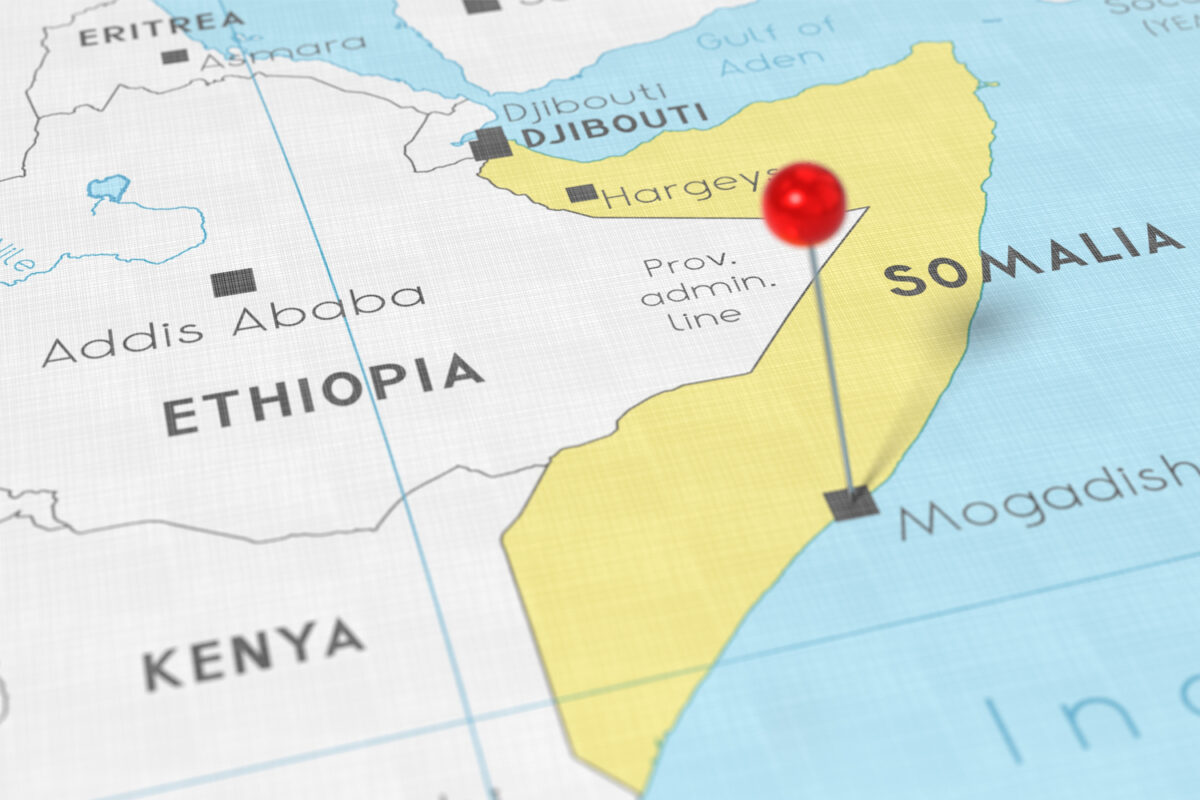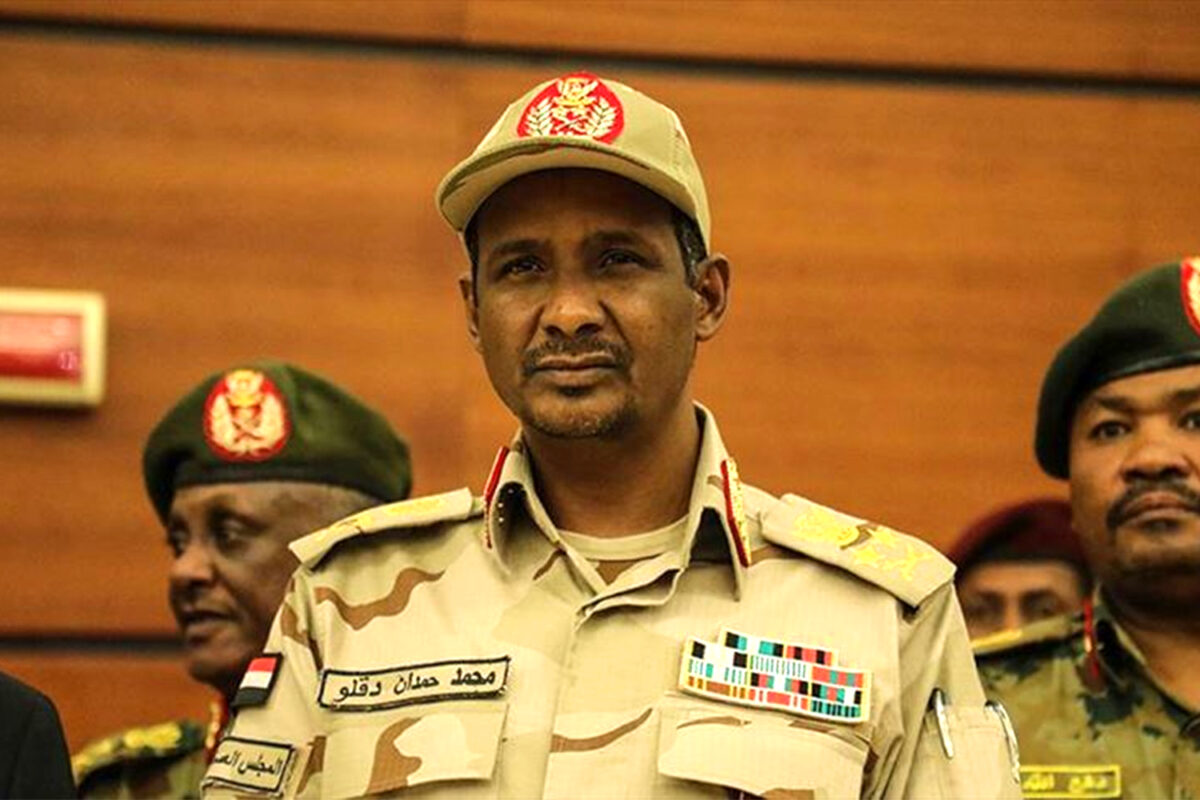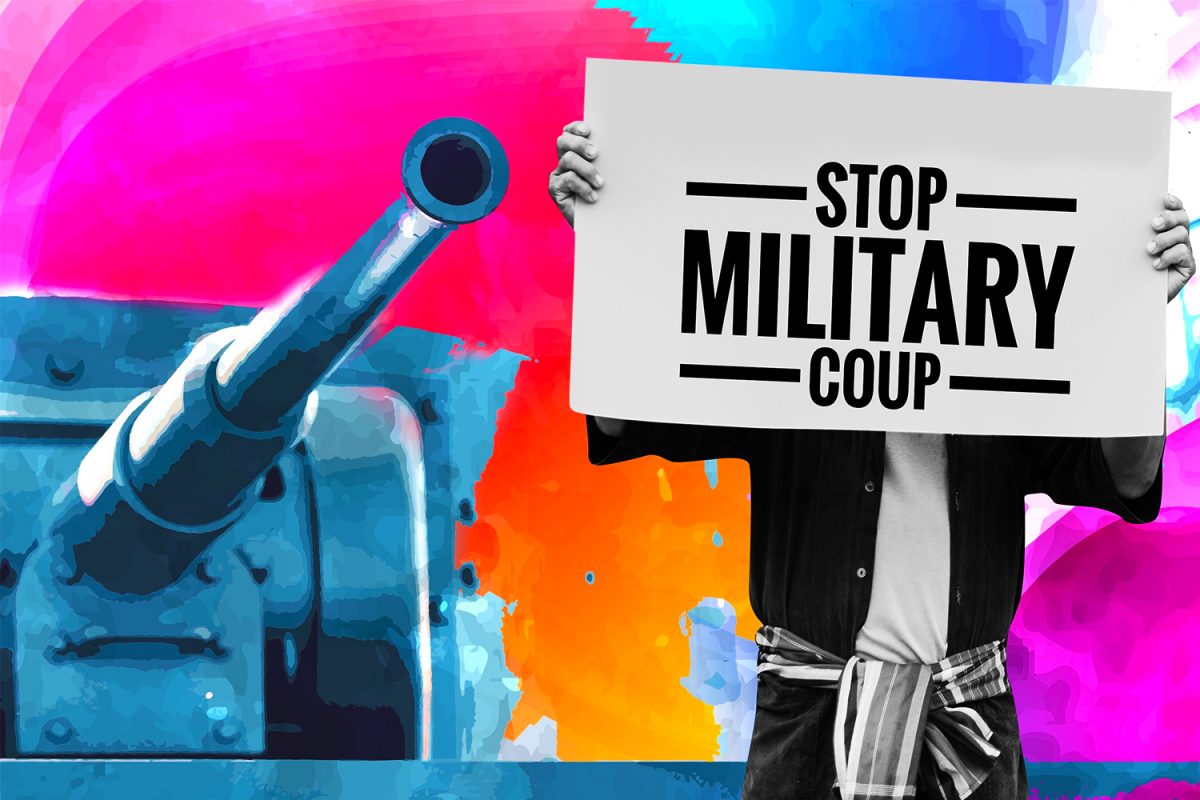The uprising in Libya began in February 2011, over 4 years. On its fourth anniversary Egyptian fighter jets pounded targets in the country in retaliation for the mass execution of 21 Egyptian Coptic Christians.[1] The UN Security Council also met to determine whether it should intervene in the beleaguered country. The overthrow of Moammar Gaddafi, after 42 years of brutal rule, in October 2011 is now a distant memory as the country continues to fall apart. The optimism that accompanied the end of the Gaddafi era has evaporated and calls for another intervention are gaining ground. But much of this noise has blurred out what has been taking place on the ground in Libya and that is the fact that Britain and the US are backing different factions and this foreign interference is the heart of the problem.
Britain’s close relationship with Gaddafi has been well documented, especially when British Prime Minister Tony Blair helped engineer Libya’s rehabilitation by getting Gaddafi to accept Libya’s role in the Lockerbie disaster.[2] As the Arab spring erupted and forced the removal of Hosni Mubarak and Ben Ali, the British establishment, sensing the end was near for Gaddafi, decided to abandon him. Britain then mobilized a coalition of the willing and armed and supported various tribes and militia groups to overthrow Gaddafi and his regime. After Gaddafi’s fall in 2011, these tribes and militia groups came to dominate Libya’s largest cities, filling the security vacuum left by the collapse of the old regime. Britain with France created the new political leadership in Tripoli. It established the National Transitional Council (NTC) in February 2011, this temporary government was mainly composed of people from the former Gaddafi regime. Muhammed Jibril, the leader of the NTC, was the head of the Economic board under Gaddafi while the Chairman, Mustafah Abdul Jalil, was a judge under Gaddafi. Then in July 2012 a permanent government was established — the General National Congress (GNC), with Muhammed Jibril as its head. Britain successfully replaced Gaddafi with another set of cronies.
The current crisis is due to the parliamentary elections which took place in June 2014. The elections only saw an 18% turnout from the eligible 3.4 million population, the economist described this as: indicating the ‘declining enthusiasm’ and ‘growing disgust with the authorities’ failure to govern.’[3] The low turnout led to a complete change in the Libyan parliament, but the old government refused to accept the results. By August 2014 militia groups loyal to the old government seized the airport in the capital, Tripoli and proclaimed their own government. In November 2014 the Supreme Court annulled the election result after an appeal by a group of unnamed MPs on unclear grounds.[4] This forced the new government to flee the capital to Libya’s eastern coastal town of Tobruk. They remain holed up in a grey, concrete hotel in a remote port 1,000km (620 miles) from the capital, Tripoli. This government was forced to hire a Greek car ferry which moored in Tobruk harbour to house officials, activists and their families.[5]
The emergence of former Major General Khalifa Hiftar has led to the US to have a stake in Libya. Ever since his return to Libya he has worked to weaken the parliament and government, which was constructed by Britain. In 1990 America’s CIA negotiated his release from Chad and subsequently Hifter spent the next 20 years in Virginia, USA, where he was trained in guerilla warfare by the CIA. The Business Insider reported: “The likelihood that Hifter was brought in to be some kind of asset is pretty high. Just as figures like Ahmed Chalabi were cultivated for a post-Saddam.”[6] Dr Guma El-Gamaty has been campaigning for democracy in Libya for 30 years and after the revolution became co-ordinator for the British government with the National Transitional Council and highlighted Hiftar’s role. “Operation Dignity is led by a retired General, (Khalifa) Haftar – he was a comrade of Gaddafi some 45 years ago…he ran away about 20 years ago and now he wants to take over. He is hanging it on the fact that he claims to be fighting terrorists, but he wants to eradicate everyone who opposes him, which is not fighting terrorism but imposing his will by force.”[7]
The Egyptian entry into the conflict doesn’t just bolster Hifter, but also US attempts to undermine the old government that was constructed by Britain. Egypt has visibly bolstered its support for forces loyal to Khalifa Hifter, who now serves as the head of the Libyan National Army’s ground forces branch under the mandate of the government in Tobruk. The Egyptian government has transferred a number of aircraft to Hifter’s troops, including three MiG-21MF aircraft and a few Mi-8 helicopters. Hifter said back in August 2014 that: “he agreed with the method chosen by Egypt [to secure the border], even if it reached the point of a military strike within the borders of Egypt’s western neighbor.”[8] The Egyptian entry is an attempt to bolster the position of Hifter and the US backed Tobruk government who does not control any of the keys towns in Libya – Benghazi, Tripoli and Misrata. They have struggled to weaken Libya Dawn, which is an affiliation of many militias from different cities and towns in the West of Libya.
On Libya’s four anniversary the people are still waiting a transition to a post-Gaddafi era. What they have witnessed for the last four years is numerous military groups and factions as well as cities and towns backed by Britain and the US fight it out for the country. Whilst many took to the streets to oust Gaddafi the West is looking to maintain as much of the old architecture as possible, whilst the US specifically is looking to replace Britain in the North African nation with significant mineral wealth. Like Yemen and Syria, Libya is now a battle between foreign nations who want to define the future of the nation.
[1] http://www.bbc.co.uk/news/world-31481797
[2] http://news.bbc.co.uk/1/hi/uk_politics/3566545.stm
[4] http://www.bbc.co.uk/news/world-africa-29933121
[5] http://www.bbc.co.uk/news/magazine-29603393
[6] http://www.businessinsider.com/the-cias-man-in-libya-2011–4
[7] http://www.bbc.co.uk/news/world-africa-30913458
[8] http://www.al-monitor.com/pulse/tr/security/2014/06/libya-hifter-interview-egypt-parliament.html




